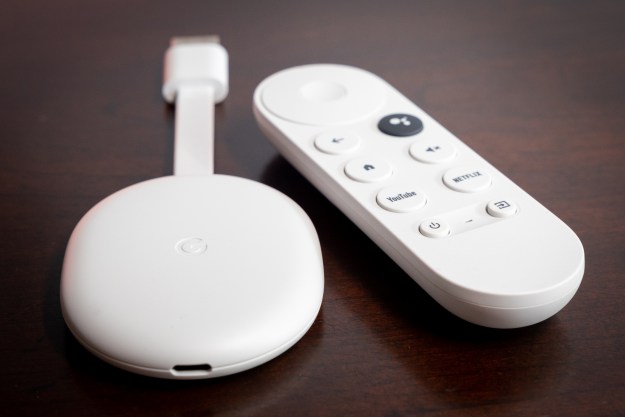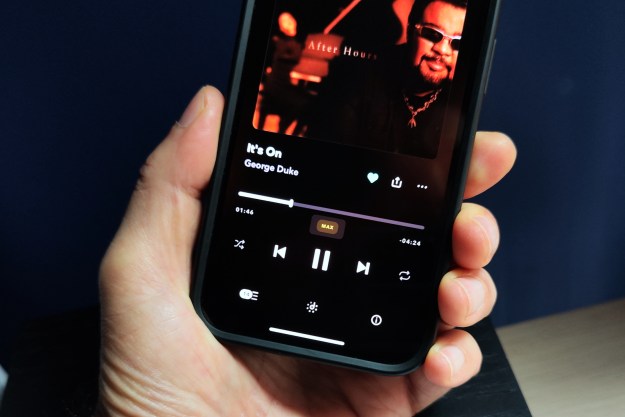 You know that volume limbo you get caught in? The level you settle on where the show is too quiet but keeps commercials from screaming at you? Congress has decided to try and relieve viewers by passing the Commercial Advertisement Loudness Mitigation Act, or CALM Act. The bill would apply to both over-the-air broadcasters as well as satellite and cable providers.
You know that volume limbo you get caught in? The level you settle on where the show is too quiet but keeps commercials from screaming at you? Congress has decided to try and relieve viewers by passing the Commercial Advertisement Loudness Mitigation Act, or CALM Act. The bill would apply to both over-the-air broadcasters as well as satellite and cable providers.
California Representative Anna Eshoo has been a main proponent of the bill. Her own unfortunate “earsplitting experiences” with blaring advertisements made her a CALM supporter. “TV programs use a variety of sound levels to build dramatic effect. But advertisements have been neither subtle nor nuanced,” MSNBC reported she said in a House meeting Thursday. Senator Sheldon Whitehouse is a sponsor of the bill, and in September explained the need for its approval: “Every American has likely experienced the frustration of abrasively loud television commercials. While this may be an effective way for ads to grab attention, it also adds unnecessary stress to the daily lives of many Americans.”
Eshoo reports that users have been complaining to the FCC about the annoyance since 1960. The FCC has asserted that restricting advertisers falls out of its reach, and instructs consumers to utilize newer television sets that have presets to regulate volume differences or be ready to hit the “mute” button.
CALM is currently waiting for President Obama’s signature, which will require the FCC to create and enforce industry standards for commercials’ decibel levels. Advertisers will have a year to comply with the to-be-determined regulations, so keep your index finger hovering above the mute button for now.


